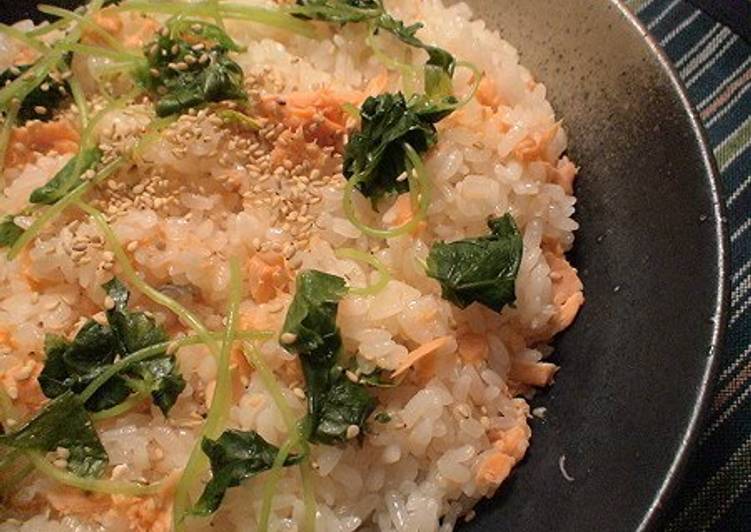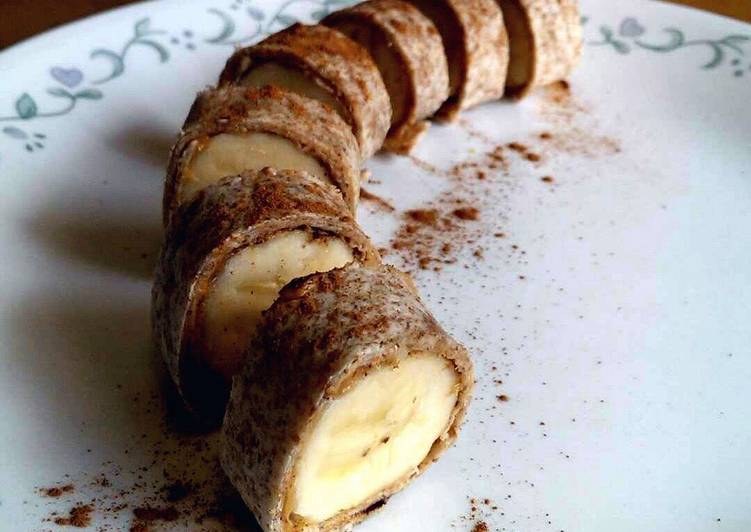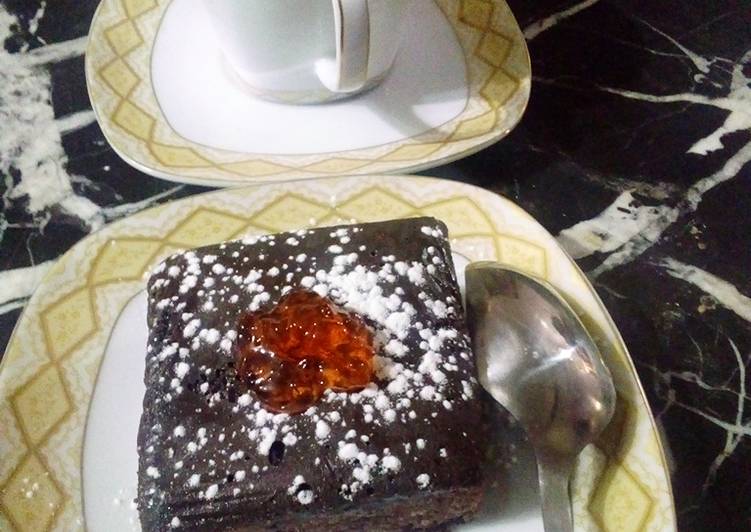
Hey everyone, it’s Jim, welcome to my recipe site. Today, I’m gonna show you how to prepare a distinctive dish, salmon okowa (sticky rice) for flower viewing or bento. One of my favorites food recipes. This time, I’m gonna make it a bit tasty. This will be really delicious.
Salmon Okowa (Sticky Rice) for Flower Viewing or Bento is one of the most well liked of recent trending foods in the world. It’s simple, it is quick, it tastes yummy. It is enjoyed by millions daily. Salmon Okowa (Sticky Rice) for Flower Viewing or Bento is something which I have loved my entire life. They’re nice and they look fantastic.
Okowa (おこわ)is the name given to a type of rice dish in which sticky glutinous rice is mixed with all kinds of vegetables or meat and steamed. Because of this, anything made with it is very filling. (Some people like to mix mochi rice and regular rice together, but I like the full-on stickiness. Okowa おこわ (強飯) is a Japanese steamed rice dish made with glutinous rice mixed with meat or vegetables. Glutinous rice, also known as sticky rice, is called mochigome in Japanese.
To get started with this particular recipe, we must first prepare a few components. You can cook salmon okowa (sticky rice) for flower viewing or bento using 9 ingredients and 8 steps. Here is how you cook that.
The ingredients needed to make Salmon Okowa (Sticky Rice) for Flower Viewing or Bento:
- Get 700 grams Mochi rice
- Get 1 Raw salmon
- Take 1 Salt
- Get 1/2 tbsp Sake
- Get 1 tbsp ★ Sake
- Take 1 tsp ★ Salt
- Prepare 5 stems Mitsuba
- Make ready 10 cm Kombu
- Prepare 1 White sesame seeds
Okowa (おこわ) is a Japanese adaptation on Chinese sticky rice. Glutinous (sticky) rice with mixed mushroom and ginko nuts from. Chuka Okowa is a Chinese-style mixed sweet rice dish. The savory aroma of the meat and the sweetness This is a great bento ingredient since sweet rice is tender even when cold.
Steps to make Salmon Okowa (Sticky Rice) for Flower Viewing or Bento:
- 30 minutes before cooking the rice, rinse it and let it drain in the colander. Blanch the mitsuba and soak in water. Drain the water and cut into 4 cm lengths.
- Season the salmon with salt and place it in a heatproof dish. Sprinkle with sake, cover in plastic wrap and microwave. Remove the skin and bones, then shred.
- Put the sweet rice in a rice cooker. Add the sake and salt, and fill with water up to the appropriate line for making okowa. Place the kombu seaweed on top and start cooking once it starts to rehydrate.
- When the rice is finished cooking, remove the kombu seaweed and add the salmon. Mix just before serving.
- Transfer to a serving dish, sprinkle white sesame seeds and garnish with the mitsuba.
- Tender Rice Stuffed Squid See. - - https://cookpad.com/us/recipes/143355-easy-cooking-in-a-pressure-cooker-soft-ikameshi-squid-stuffed-with-sticky-rice
- Shimeji Mushroom & Edamame Sticky Rice See. - - https://cookpad.com/us/recipes/153051-easy-shimeji-mushroom-edamame-sticky-rice
- Chestnut Rice See. Oseki-Han Using a Rice Cooker See. - - https://cookpad.com/us/recipes/153093-steamed-chestnut-mochi-rice - https://cookpad.com/us/recipes/155504-adzuki-beans-and-rice-steamed-in-a-rice-cooker
Chuka Okowa is a Chinese-style mixed sweet rice dish. The savory aroma of the meat and the sweetness This is a great bento ingredient since sweet rice is tender even when cold. You can also make Thank you for trying our Chuka Okowa recipe! 🙂 Glad you enjoyed the deliciously sticky. For most Bento, short grain rice is the traditional option. It gives an excellent, neutral base for the other components.
So that is going to wrap this up for this special food salmon okowa (sticky rice) for flower viewing or bento recipe. Thank you very much for reading. I am sure that you will make this at home. There is gonna be interesting food in home recipes coming up. Don’t forget to save this page on your browser, and share it to your family, friends and colleague. Thanks again for reading. Go on get cooking!

